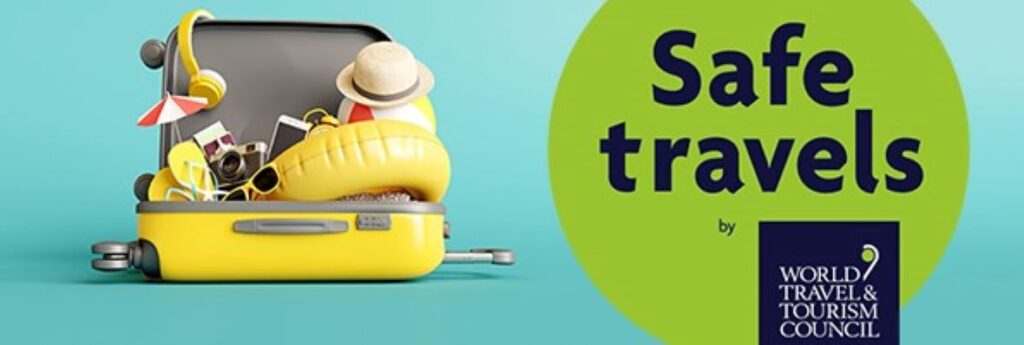With the linking of VisitBritain’s “We’re Good to Go” industry standard scheme to the World Travel and Tourism Council Safe Travels program, 250 destinations/businesses around the world now boast the organization’s stamp of approval, the world’s first-ever global safety and hygiene stamp.
Other new additions to the list include Honduras, Belize and Malawi.
The WTTC launched the program last May in an effort to help rebuild global consumer confidence in the face of the COVID-19 pandemic. The now globally recognized stamp enables both business and leisure travellers to distinguish destinations around the world that have adopted health and hygiene global standardised protocols – so they can experience ‘Safe Travels.’
The pioneering move by WTTC also received the backing of the United Nations World Tourism Organization (UNWTO), and the launch of global protocols to recover the Travel & Tourism sector has been embraced by over 200 CEOs including some of the world’s major tourism groups.
“We are delighted to see our Safe Travels Stamp is still growing at a rapid rate and is being adopted by destinations from all corners of the world,” said WTTC President & CEO Gloria Guevara. “As the global vaccine rollout picks up pace and with the restrictions expected to be relaxed over the coming weeks, we believe the stamp will prove a key component of destination recovery and restoring consumer confidence.”
VisitBritain CEO Sally Balcombe says the WTTC’s global Safe Travels stamp gives recognition to the standard of protocols and processes in place in the UK and “is also testament to the hard work and commitment of tens of thousands of businesses right across the country who have adapted and innovated to safely meet new ways of working and are already ‘good to go’.”
Fiji’s tourism minister Faiyaz Siddiq Koya called Safe Travels a “world class health and safety program (that) gives visitors confidence to travel to Fiji when the borders reopen.”
Program protocols were designed following guidelines from the World Health Organisation (WHO) and the Centre for Disease Control and Prevention (CDC), and taking best practices from WTTC’s members into account.

